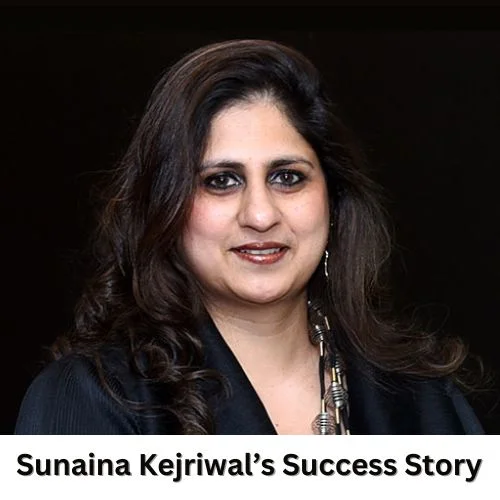The government has received repeated requests from the Cellular Operators Association of India to include OTTs in the licensing process.
NEW DELHI: According to two senior officials, OTT services like WhatsApp, Signal, and Facebook will need to concentrate more on user safety laws and may not require licenses to operate in India.
Preliminary discussions on the draft telecom bill between the government and industry stakeholders have revealed that user protection provisions must be given top priority, they added. Discussions on light-touch regulations for these platforms that provide internet communication services will continue.
“What we now see is that people (OTTs) are fine with restrictions relating to user protection…they did not want to have a license, and that was not just not our intention, “One of the officials spoke, asking to remain anonymous.
“The goal is to provide consumer protection and state security, not to impose onerous rules on OTTs. We won’t charge OTTs a license fee because that wasn’t our intention “The second official spoke while maintaining his anonymity.
The government is anticipated to extend the time for stakeholders to provide feedback to 10 November as it continues to hold discussions with stakeholders, such as telecom companies and OTT providers, over the draft telecom bill. The officials also stated that a second draft of the law would be released for additional discussion.
The amendments and early comments from the industry will be incorporated into the second draft of the legislation. The Telecom Regulatory Authority of India (Trai), which oversees checks and balances through a dialogue process between the regulator and the telecom department, may have its authority weakened by controversial elements in the draft, according to the first official.
The OTT debate, despite ferocious opposition from the OTT platforms, is unlikely to be resolved as long as telcos insist on subjecting OTT services to the same set of regulations as platforms and applications that offer message, voice, and video call services.
Reliance Jio, Bharti Airtel, and Vodafone Idea are just a few of the Indian telcos that are represented by the Cellular Operators Association of India. The association has repeatedly urged the government to include OTTs under the licensing regime and make them responsible for the levies, fees, and taxes that are currently assessed on carriers. The telcos have additionally pleaded with the government to make sure that OTTs are required to abide by security standards, legal interceptions, and other regulatory obligations.
The draft telecom bill had expanded the definition of telecommunication to include OTTs, internet-based, and satellite-based communication services, as well as in-flight, maritime, broadcasting, internet, and broadband services within its ambit. The carriers have stated that the telecom department should clearly define OTT communication services in the draft telecom bill.















